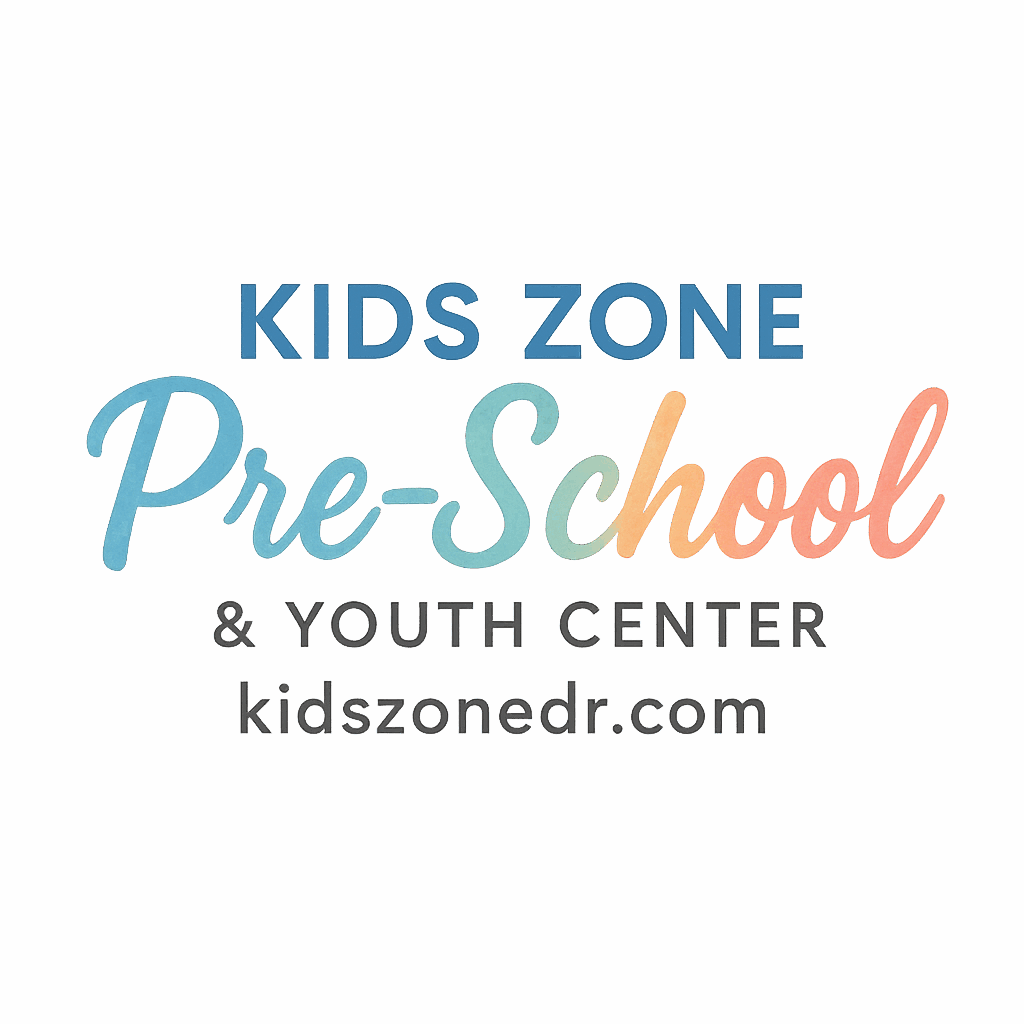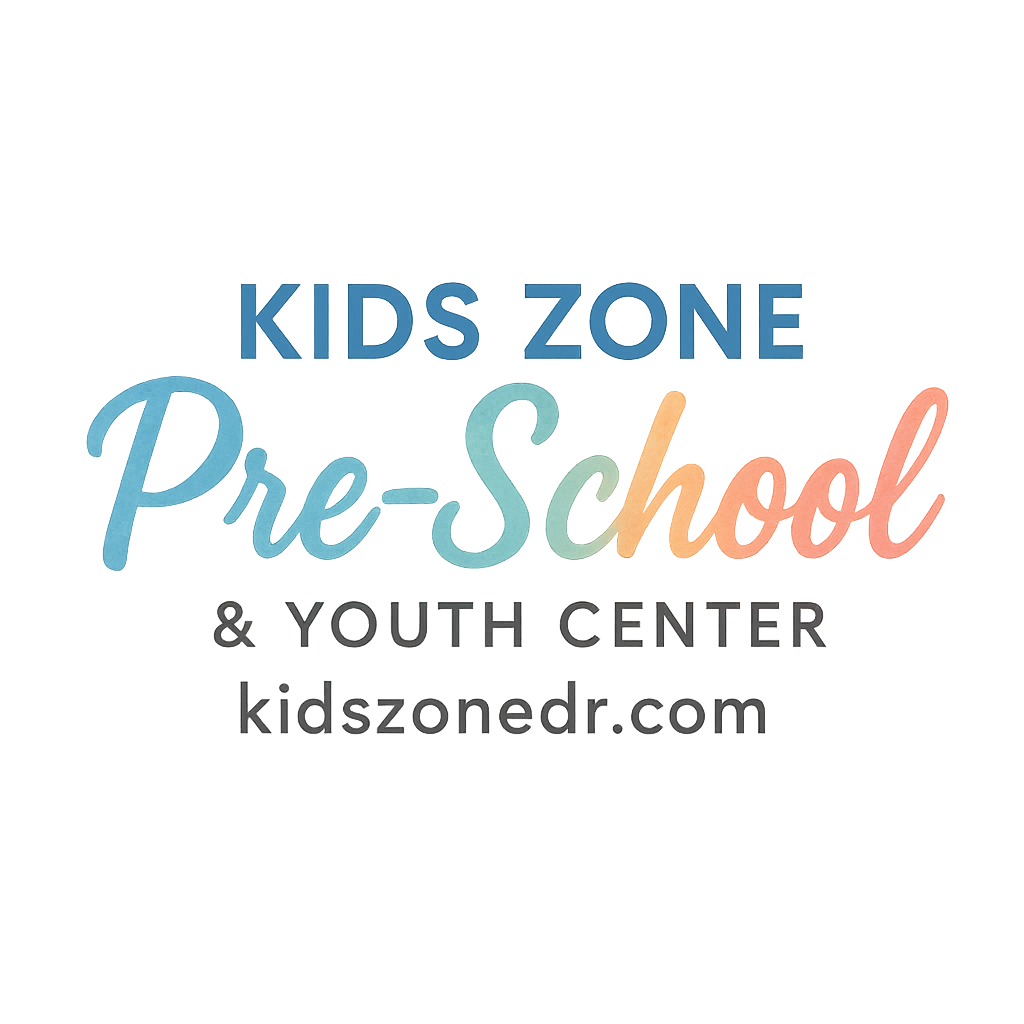Introduction
Imagine walking into your child’s preschool or youth center and watching their eyes light up as you lead the day’s activity. That’s the beauty of parent-led learning sessions—a chance to bond, teach, and create lasting memories while helping your child and their peers grow.
In today’s world, preschools and youth centers encourage not just academic growth but also parental involvement, making education a team effort. Let’s dive into 10 creative ways parents can lead engaging sessions that spark joy and learning in little ones.
Why Parent-Led Learning Matters in Early Education
Parent-led sessions aren’t just fun extras—they’re powerful building blocks for development.
Building Confidence and Connection
Children gain a boost of confidence when they see their parents taking part in their school life. It tells them: “I belong here, and my family supports me.”
Encouraging Lifelong Learning Habits
When kids watch parents model curiosity, storytelling, or problem-solving, they’re more likely to adopt those learning habits themselves.
For more on how parental involvement shapes education, check out Parental Guidance and Involvement.
Benefits of Parent Involvement in Preschool Programs
Involving parents in preschool and youth center sessions isn’t just beneficial for kids—it helps everyone.
Stronger Home-School Collaboration
When parents and teachers work hand-in-hand, children experience consistency between home and school routines. See examples in Daily Routines & Activities.
Personalized Learning for Kids
Parents know their child’s strengths, struggles, and passions. That insight helps tailor classroom activities.
Emotional Security and Growth
A familiar face in the classroom provides comfort, making it easier for shy children to open up and engage.
10 Engaging Parent-Led Learning Sessions
Now, let’s look at some creative session ideas you can bring to your child’s preschool or youth center.
1. Storytelling & Puppet Theater
Nothing beats the magic of stories. With puppets, voices, and imagination, parents can captivate an entire class.
Enhancing Language and Imagination
Storytelling boosts vocabulary, listening skills, and creativity. Explore more about child talk development at Child Talk Resources.
2. Music and Rhythm Games
Music brings joy and rhythm connects kids. Parents can lead clapping games, simple drumming, or sing-alongs.
Boosting Cognitive and Social Skills
Songs improve memory, while rhythm games encourage teamwork.
3. Nature Walk and Discovery Time
Take kids outdoors to explore leaves, insects, and rocks. Parents can guide observation games and discussions.
Connecting Kids to the Environment
Nature walks instill curiosity, patience, and respect for the planet.
4. Arts and Crafts Workshop
Glue, paper, paint—watch imaginations run wild.
Nurturing Creativity and Expression
Creative activities help children develop fine motor skills and self-expression. For more about preschool learning development, see Learning and Development.

5. Healthy Cooking Together
From fruit salads to simple sandwiches, cooking sessions can be hands-on fun.
Building Nutrition Awareness Early
Teaching kids to prepare healthy snacks introduces lifelong healthy eating habits. Explore Nutrition in Preschool.
6. Science Experiments at Preschool
Volcano eruptions with baking soda, or water and oil separation—kids love mini science shows.
Sparking Curiosity and Exploration
Experiments build early problem-solving and reasoning skills.
7. Parent-Led Reading Circles
Parents can lead group reading, encouraging kids to read aloud or follow along.
Strengthening Vocabulary and Focus
Reading circles enhance listening, focus, and love for books. See Choosing the Right Preschool for tips on fostering early reading.
8. Fitness and Movement Games
Lead yoga stretches, dance sessions, or obstacle courses.
Encouraging Wellness and Coordination
Active play builds strong bodies and helps children release energy in positive ways.
9. Cultural Sharing Sessions
Parents can share traditions, music, food, or stories from their heritage.
Embracing Diversity and Respect
These sessions celebrate differences while teaching respect and inclusivity.
10. Daily Routines and Habits Practice
Parents can demonstrate brushing teeth, packing bags, or tidying up.
Reinforcing Consistency at School and Home
Daily routines give children structure and independence. Learn more at Daily Schedule Insights.
How to Prepare for Parent-Led Sessions
Preparation ensures smooth, engaging activities.
Communicating with Teachers
Coordinate with educators to align your session with ongoing themes.
Planning Interactive Activities
Children learn best when sessions are hands-on and fun.
Keeping Sessions Age-Appropriate
Match activities with children’s developmental milestones—see Milestones in Kids’ Growth.
Tips for Making Parent-Led Learning Effective
Balance Fun with Structure
Keep things enjoyable, but set clear expectations.
Encourage Participation from All Children
Create activities that include every child, even the shy ones.
Celebrate Small Milestones
Acknowledging progress motivates kids and builds confidence.
Overcoming Common Challenges in Parent-Led Learning
Time Management for Busy Parents
Even short, meaningful sessions can make a difference.
Overcoming Stage Fright
Remember: kids aren’t critics. They just love your effort!
Keeping Kids Engaged
Switch between active and quiet activities to hold attention.
How Youth Centers Support Parent-Led Programs
Resources and Tools Available
Many centers provide materials, spaces, and guidance for parents.
Safe and Structured Environment
Youth centers ensure activities happen in a safe, child-friendly space. Learn about Health and Safety in Preschool.
Long-Term Impact of Parent-Led Learning
Academic Growth
Hands-on experiences boost early academic success.
Social and Emotional Development
Children build trust, empathy, and teamwork skills.
Building Lifelong Bonds
These sessions create memories that strengthen family connections.
Conclusion
Parent-led learning sessions aren’t just classroom add-ons—they’re powerful moments that shape how kids see education, relationships, and themselves. Whether it’s reading a story, cooking a snack, or leading a nature walk, your involvement as a parent matters more than you know.
By working with teachers, staying engaged, and bringing creativity into preschool and youth center sessions, you’re giving children a gift that lasts a lifetime: the love of learning.
FAQs
1. What is a parent-led learning session?
It’s when parents lead an activity in preschool or youth centers to support children’s learning and development.
2. How often should parents participate?
Even once a month can make a huge difference in building connections and boosting learning.
3. Do I need special skills to lead a session?
Not at all! Enthusiasm, creativity, and willingness to engage are enough.
4. Can working parents still get involved?
Yes—short sessions, virtual storytelling, or weekend activities are great options.
5. How do parent-led sessions help teachers?
They provide extra support, fresh perspectives, and help create a stronger classroom community.
6. What activities work best for shy kids?
Small group storytelling, gentle art activities, or one-on-one reading circles can help.
7. How can I start planning my first session?
Talk to your child’s teacher, choose an activity that excites you, and keep it simple but interactive.


